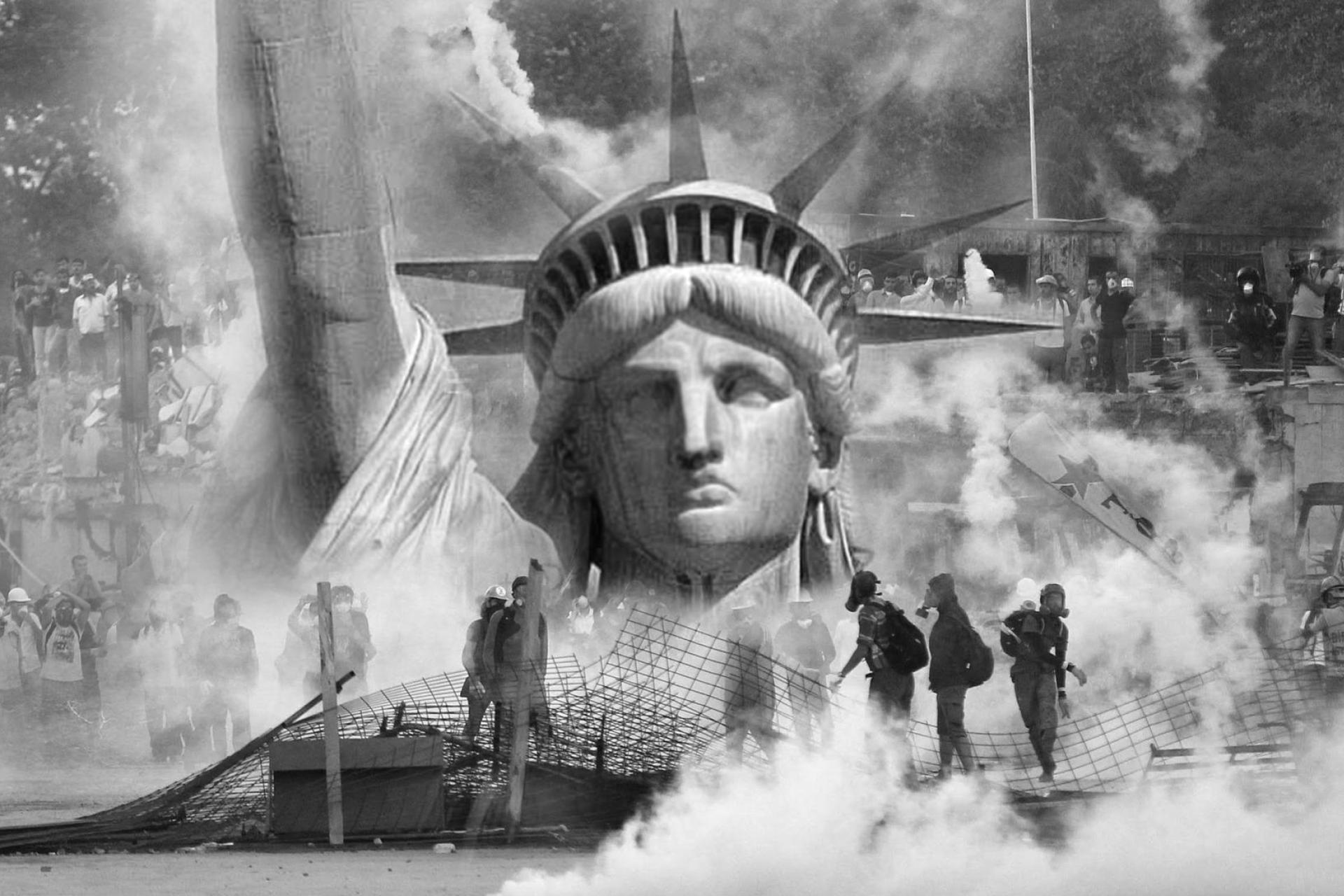Bipartisan leaders from the House Committee on Energy & Commerce and House Committee on Homeland Security sent a letter yesterday August 23rd to the Nuclear Regulatory Commission (NRC) urging the agency to take immediate action to address vulnerabilities in its oversight of purchases of radiological materials. See below, the U.S. Government Accountability Office (GAO) released a report that identified security gaps that could be exploited by terrorists and other bad actors to obtain material to deploy a dirty bomb domestically, which could cause billions of dollars in socioeconomic costs.
The letter (See here pdf) was signed by Committee on Energy & Commerce Chairman Frank Pallone, Jr. (D-NJ), Committee on Homeland Security Chairman Bennie G. Thompson (D-MS), Committee on Homeland Security Ranking Member John Katko (R-NY), Committee on Homeland Security Vice Chairman Ritchie Torres (D-NY), and Committee on Homeland Security Vice Ranking Member Michael Guest (R-MS).
“The possibility of nefarious actors being able to buy such dangerous quantities of radiological material should be a call to immediate action,” the Members wrote. “The threat is real – a recent publication by the Terrorgram Collective, a Racially and Ethnically Motivated Extremist group, claimed that dirty bombs are the ‘holy grail of terrorism’ and provided rough instructions on manufacturing a device using uranium ore. As law enforcement has recently been under threats of violence, the Federal Bureau of Investigation (FBI) and Department of Homeland Security have observed calls for using dirty bombs against law enforcement, including suggesting the placement of one in front of FBI Headquarters. Moreover, officials from the National Nuclear Security Administration have assessed that bad actors are showing an increasing interest in making dirty bombs.”
U.S. Government Accountability Office (GAO) on Dirty Bomb Attack Vulnerabilities
July 20, 2022. Rep. Bennie G. Thompson (D-MS), Chairman of the House Committee on Homeland Security, released a report (See here pdf) he requested from the U.S. Government Accountability Office (GAO) on the effectiveness of the Nuclear Regulatory Commission’s (NRC) oversight of purchases of radiological materials. In the report, entitled “Preventing a Dirty Bomb: Vulnerabilities Persist in NRC’s Controls for Purchases of High-Risk Radioactive Material,” the GAO found security gaps that could be exploited by terrorists and other bad actors to obtain material to deploy a dirty bomb domestically. Such an event could harm the public, contaminate property, trigger mass evacuations, and impose steep clean-up costs.
GAO found vulnerabilities in NRC’s procedures for verifying legitimate purchasers of radiological materials and faulted NRC for their continued use of paper licenses, rather than more secure alternatives. GAO also expressed concern that NRC’s threat matrix fails to consider the socioeconomic impacts and costs of a dirty bomb, which GAO estimates could be billions of dollars even for a small dirty bomb.
“While we have spent more than two decades since the September 11 attacks improving our homeland security infrastructure to protect the country from terrorist threats, it is concerning that security gaps remain that could leave the country vulnerable to a dirty bomb. Just recently, Racially and Ethnically Motivated Extremists groups have advocated for a dirty bomb attack on the homeland. Such an attack would have a severe socioeconomic impact on the country and possibly result in significant loss of life.”
“The NRC has the authority to address the vulnerabilities identified in the report, and I urge them to take quick action to do so. This is a clear national security issue that the Federal government must remedy.”







